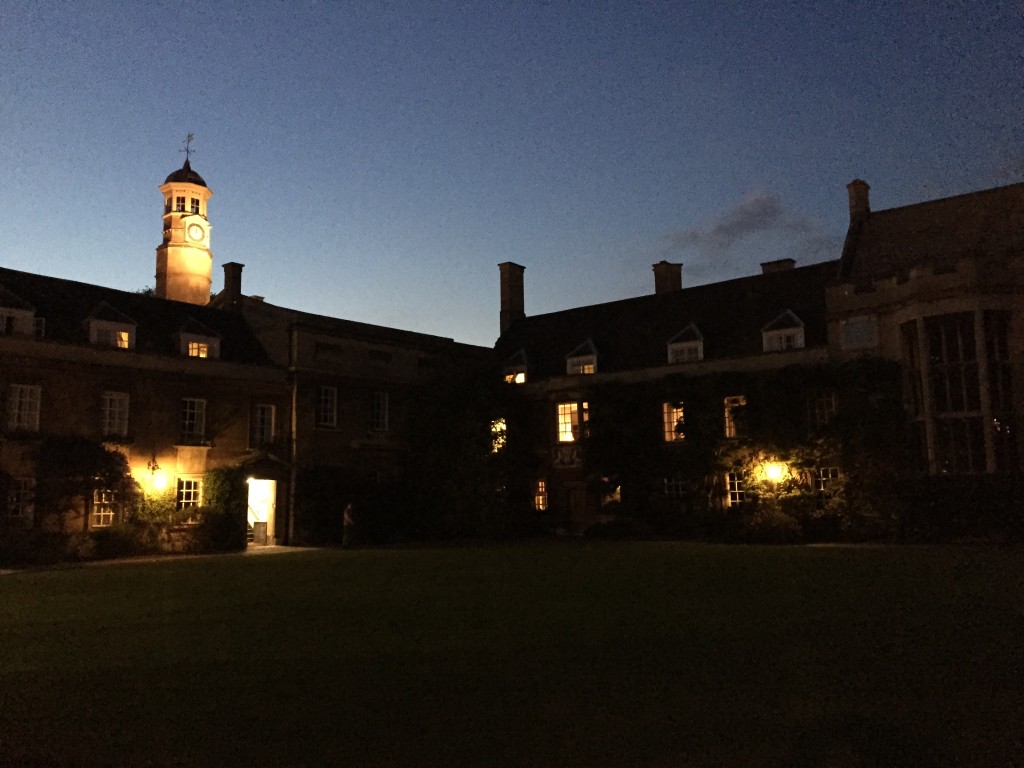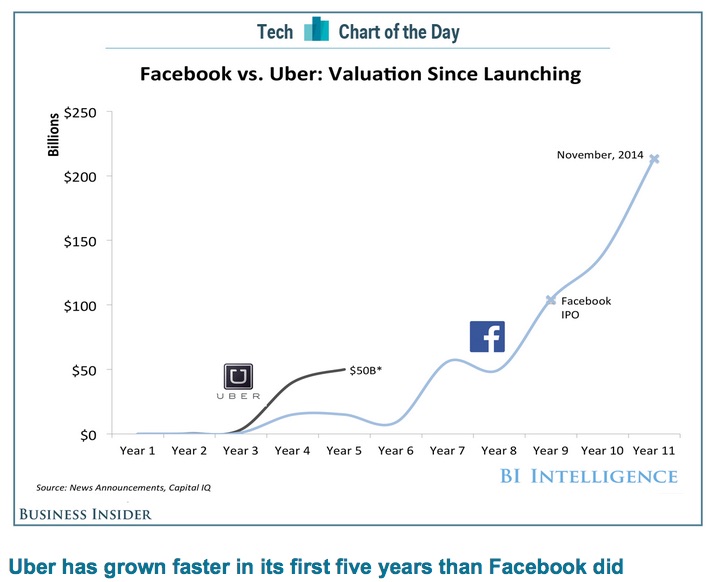… as Gandhi said of Western civilisation. But it’s not what we’ve got. In fact the only paper I can find which attempts to do some kind of cost-benefit analysis on the ‘war on terror’ comes from the Cato Institute. Since the 9/11 attacks, US taxpayers have blown about $1.6 trillion on this so-called global ‘war’ — and that doesn’t include money for the Department of Homeland Security. Timothy Egan has a good OpEd piece in the NYT about this. Sample:
Most of us are going to live to the actuarial average of 78, and never experience terrorism as anything other than the energy drink that keeps Wolf Blitzer going in the absence of real news. (This week, he was breathless over an apparent hoax, while “Breaking News: Airline threats not credible” flashed on the screen, contradicting his reason for doing the story.)
Consider the various threats to life. The sun, for starters. The incidence of melanoma, the most lethal form of skin cancer, has doubled in the last 30 years. More than 9,000 Americans now die every year from this common cancer. I also lost a friend — 30 years old, father of two — to malignant melanoma.
Cancer is the second leading cause of death, just behind heart disease. Together, they kill more than a million people in this country, followed by respiratory diseases, accidents and strokes. Then comes Alzheimer’s, which kills 84,000 Americans a year. And yet, total federal research money on Alzheimer’s through the National Institutes of Health was $562 million last year.
To put that in perspective, we spent almost 20 times that amount — somewhere around $10 billion — on the National Security Agency, the electronic snoops who monitor everyday phone records. For the rough equivalent of funding a breakthrough in Alzheimer’s, the government has not prevented a single terrorist attack, according to a 2014 report on the telephone-gathering colossus at the N.S.A.




